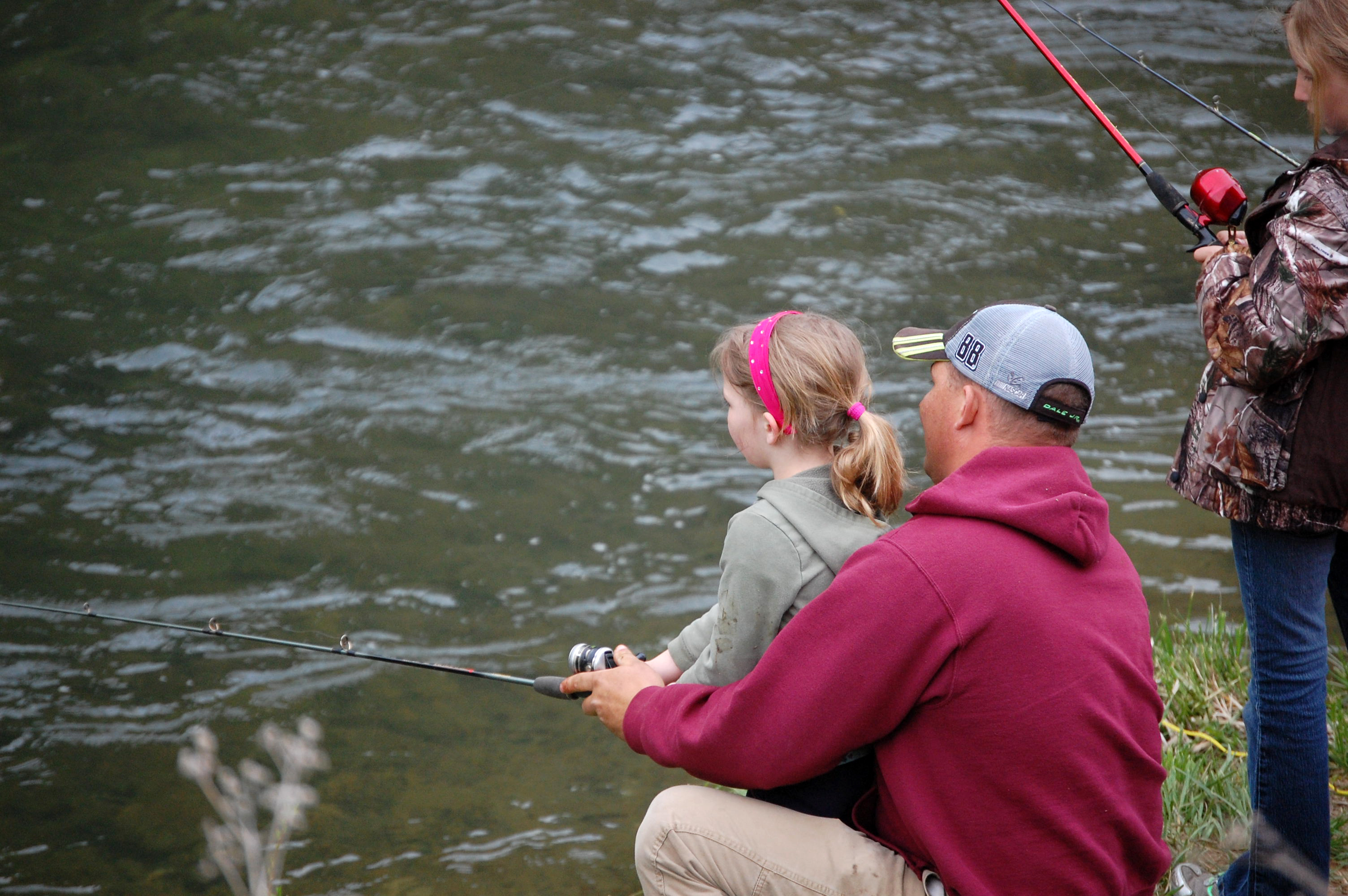Prepping with children, especially small children, can be very intimidating. It’s hard enough getting them to clean their room or eat their vegetables, how can we expect them to respond in a life-threatening situation? Well, here are a few simple tips for prepping your kids to make it easier-and more fun-for both of you.
1. Talk to them
This seems like a no-brainer, but what I mean here is talk to them, not at them. They probably have some idea of what a natural disaster or maybe even a war is, ask them what they know about what they should do if there were to be a fire or a tornado or whatever it is they may have already learned about. They’ve already probably heard from you, from books or videos or at school, simple disaster preparedness tips. It’s good to get an idea of what your children already understand before trying to drill them on new disaster response protocol.
2. Take them outside
Getting kids exposed to the great outdoors, camping, hiking, fishing and hunting, is probably the best thing you can do to get them in a prep mindset at any age. Get them used to what it’s like having nothing to rely on but yourself, your family, and your equipment. Don’t be deterred by a lack of enthusiasm-the experience and information will still sink in.
3. Be realistic about their needs
A lot of parents joke about the difference in the amount of stuff you think you need between the first and second baby. When we don’t know what we’re doing, we tend to entirely overly plan. Think about what your children will need, but don’t weigh yourself down. It will be a lot more functional to have a few durable outfits, for instance, than lots of changes of clothes. Since children are always growing, keep clothes for them to grow into in your stash, but regularly rotate out and donate anything they might no longer need. We obviously want our children to be comfortable in any situation, even a disaster, but function is going to make everyone a lot more comfortable than thrills.
4. Control your own fear
Probably the most important aspect of prepping with kids is preparing them without scaring them. And the best way you can do this is by controlling your own fear. The idea is to be prepared, not paranoid. It might be important to take stock of why you’re prepping and what your mentality is before talking to your kids, this will be really helpful in conveying to your children a matter-of-fact, no-nonsense, authoritative and confident plan for any disaster.



I disagree with “drilling” young children. For my children’s birthday one year, I took out two tents and had a competition of which of the two teams would put them up faster; then had a workshop on how to make slingshots! They all went home with their slingshots and had a good . I was actually surprised at how fast the tents went up ( and properly).